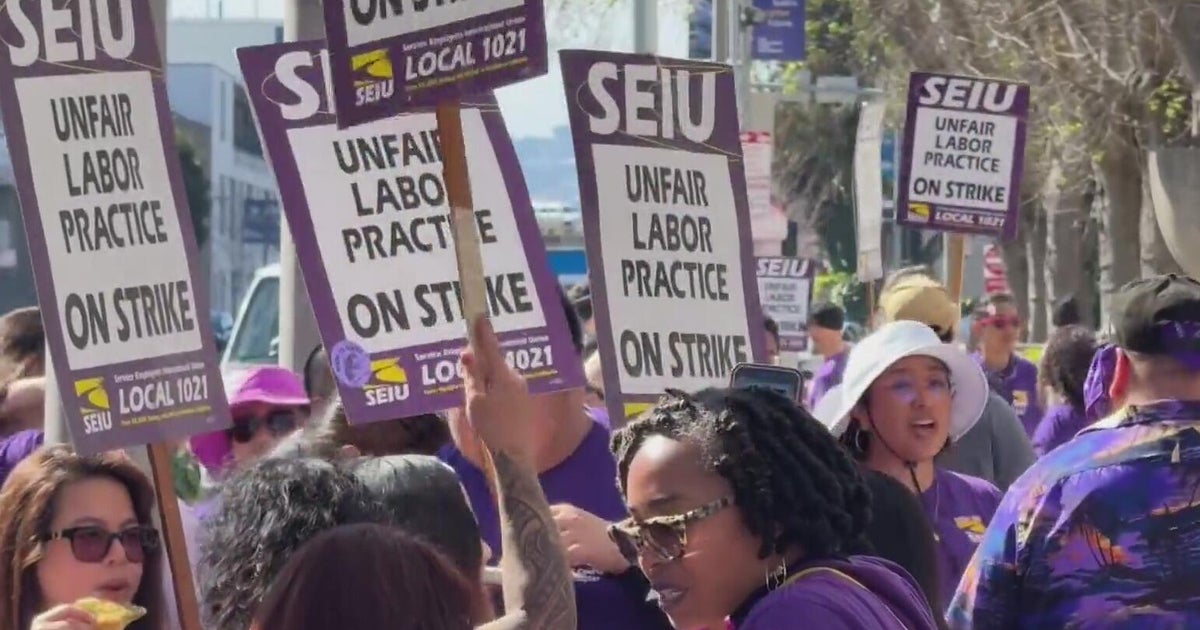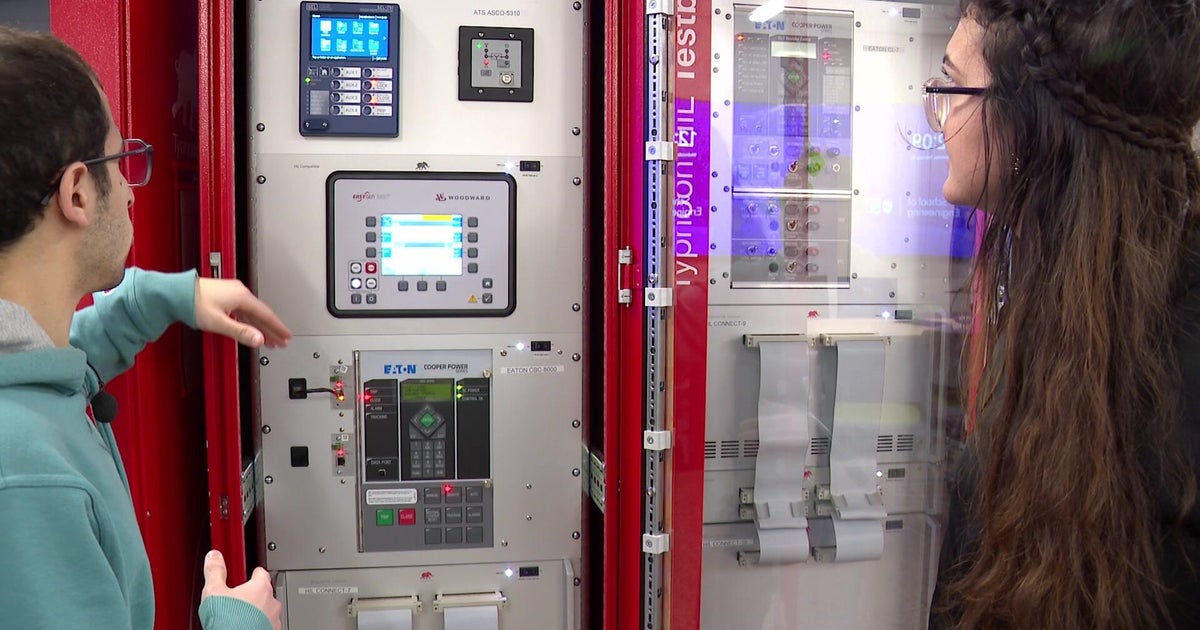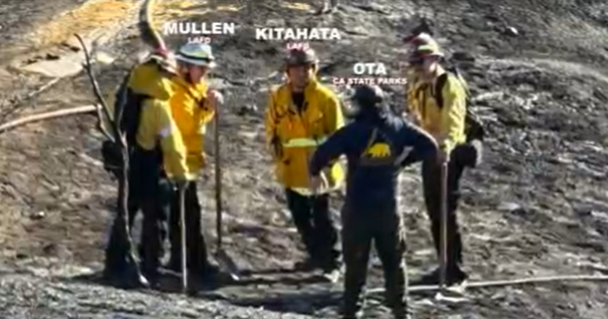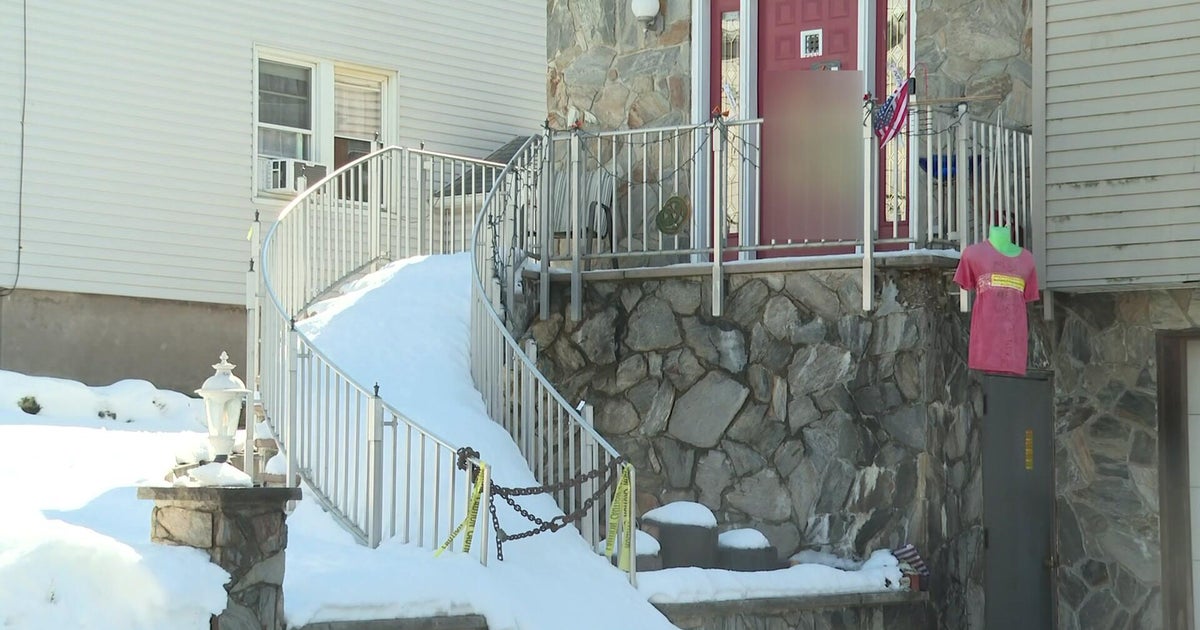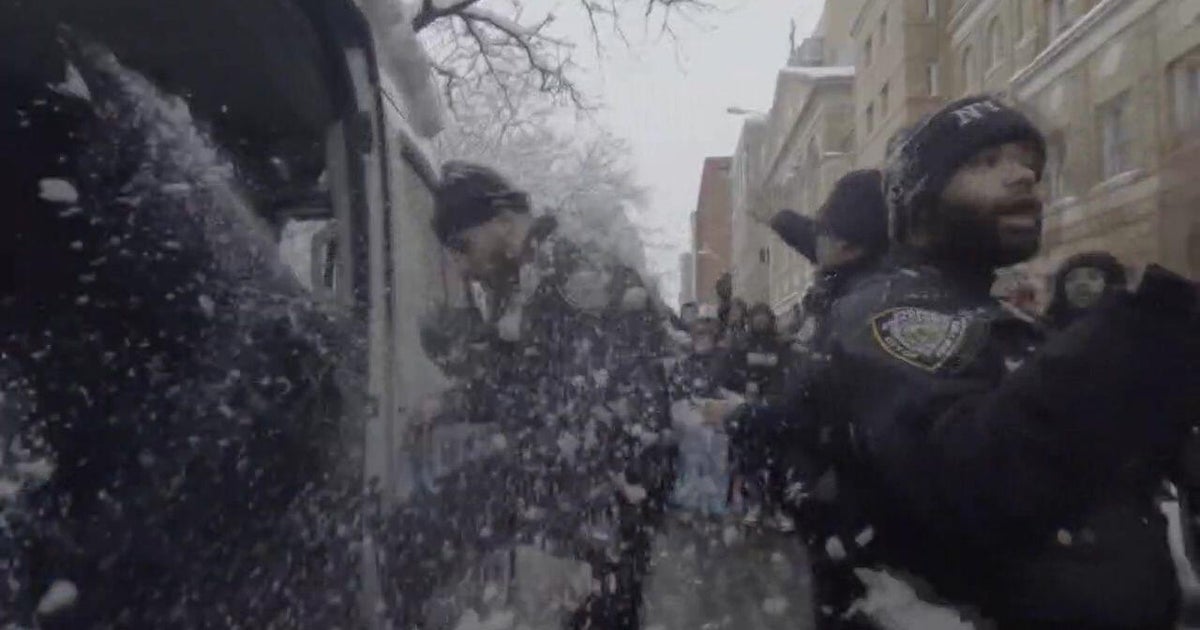Brown Signs Climate Pact With West Coast Neighbors In San Francisco
SAN FRANCISCO (CBS / AP) -- The governors of Pacific coastal U.S. states and a Canadian province official on Monday vowed to collectively combat climate change by coordinating polices that place a price on greenhouse gas pollution and mandating the use of cleaner-burning fuels.
The governors of California, Oregon, Washington and the environment minister of British Columbia, Mary Polak, gathered in San Francisco to commit to working together to coordinate efforts with the hope of stimulating a clean-energy economy in a region with a combined gross domestic product of $2.8 trillion.
California and British Columbia already have placed a price on greenhouse gas emissions—through cap-and-trade and a carbon tax, respectively—and have also already adopted clean fuel standards.
"We are the first generation to feel the sting of climate change and we are the last generation who can do something about it," Washington Gov. Jay Inslee said.
Under terms of the agreement announced Monday, Oregon and Washington's governors are committing their states to move forward with similar policies, even though the legislatures of both states have denied previous attempts to adopt cap-and-trade.
It was yet another climate-change related agreement with other states and nations for California Gov. Jerry Brown. In the past year he has inked non-binding deals with Chinese provinces for better collaboration on science and technology, linked the state's cap-and-trade market to Quebec, Canada's and signed on with northeastern states to increase electric vehicle infrastructure.
Brown conceded the fact that alone, these states can't do much to change climate change. But he hoped the collaborations would gain momentum and scope.
"This is global. So, if it's only Oregon, Washington, California and British Columbia, nothing's going to happen. You got to get everybody," Brown said. "You've got to get China, you're going to have to get India. You have to get Texas and Alabama ... "
The deal stems from the work of the Pacific Coast Collaborative, a group meant to organize climate change and clean energy policies in a region with 53 million people.
Washington's Inslee supports a statewide cap on carbon-fuel emissions, among several ideas to get the state closer to reaching goals set in 2008 to cut global warming pollution.
Still, getting bipartisan support for a cap-and-trade program in Washington state will be difficult. Former Gov. Chris Gregoire aggressively pushed for and failed to get lawmakers in 2009 to approve a market-based carbon trading system.
Inslee is currently leading a bipartisan legislative work group created this year to recommend strategies to tackle climate change. Two Republican lawmakers in that group have said they need to see what the economic impacts of those strategies would be.
Todd Myers, environmental director at the WashingtonPolicyCenter, said before the announcement Monday that he was frustrated that the regional agreement could undermine the work of that bipartisan process. "This seems to be a symbolic gesture that undermines that process," he said.
In Oregon, efforts to implement cap-and-trade have met a similar fate. Lawmakers there failed to pass such a measure in 2009.
Environmentalists in that state applauded Monday's announcement as good sense.
"It's very encouraging to see both the business community and our elected officials call for a common-sense, proactive approach to addressing climate change. The Pacific Coast Action Plan is an important step forward, and this event is proof that we can make meaningful progress that works for businesses, people, and the planet," Andrea Durbin, executive director at Oregon Environmental Council, said.
Neither Inslee nor Oregon Gov. John Kitzhaber could say exactly how their respective states would achieve putting a price on carbon, but both were optimistic.
California's efforts have not come without their challenges. The low carbon fuel standard is a key piece of California's landmark global warming law, AB 32, and is meant to cut the state's dependence on petroleum by 20 percent and account for one-tenth of the state's goal to cut greenhouse gas emissions to 1990 levels by 2020.
But the state's first-in-the-nation fuel standard was challenged in federal court, and briefly halted by a judge, after business groups argued it violated the commerce clause of the U.S. Constitution by imposing limits on interstate commerce.
A panel of federal judges allowed it to move forward in September.
Kitzhaber said he felt that climate change policy will have a profound effect on the region over the coming decades.
"The central question is whether we're going to shape our climate and energy future through intentional developments and intentional actions and policies, or whether that future is going to shape us," Kitzhaber said.
(© Copyright 2013 The Associated Press. All Rights Reserved. This material may not be published, broadcast, rewritten or redistributed.)

